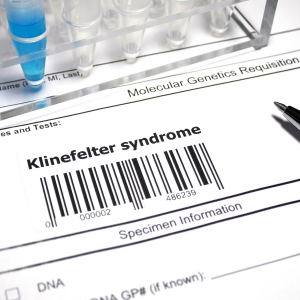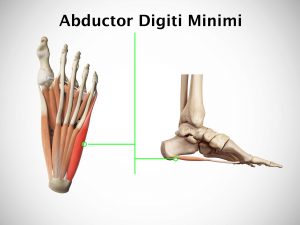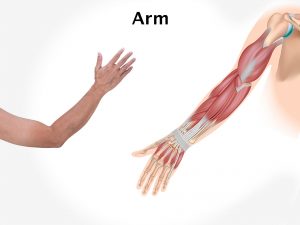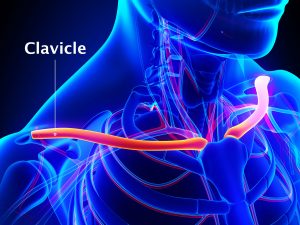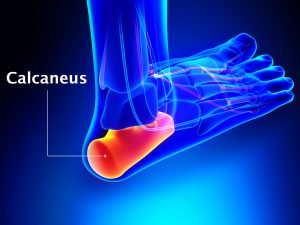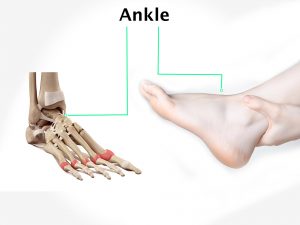The worst part is that the estrogen also disallows the use of stored fat. Thus, even though you exercise enough and eat a balanced diet, the body is tuned to save more fat for energy. These fat tissues begin to settle around the hips, thighs, abdomen, and waist in women. However, apart from the working of the body, medical research involving twins studied weight gain patterns for over 20 years and concluded that weight gain in middle-aged people is also affected by their genetic structures.
Dr. James Romeis, Ph.D., a professor at Health Services Research at the Saint Louis University pointed out that genes greatly affect the weight gain process as we age and can account for why people gain weight regardless of their lifestyle. However, he also adds that such a weight gain process can be controlled through lifestyle.
During the beginning of this study, over 7500 middle-aged twins (male) were studied who had joined the U.S. Military in the latter part of 1960s. At that time, the participants were considered to weigh normally. About 15% were overweight, while 2.5% were severely obese. When their weights were checked as they reached over 50, it was found that more than half of them were overweight. There were also others who had lost weight. This showed that genes played an important role in the weight gain of the participants. Apart from genes, other surrounding factors like lifestyle and habitat also affected their weight.
In the past, though genetic structures did contribute towards weight gain, the form of life did not allow any radical spike. However, with the change of the environment, the weight gain ratios have increased shockingly also exposing the effect of living conditions on pre-existent genetic structures.
Nonetheless, this does not imply that people who are genetically predisposed to gain more weight cannot lead a healthy life.
Studies say that the weight gain happens slowly, over years. If people continued to lead a healthy lifestyle, i.e., a balanced diet, physical exercise, and sufficient sleep after reaching the age of 30, they would reduce their chances of becoming overweight considerably, even though their genes made them prone to middle-age spread.
Middle-aged women must include foods of insoluble fibers like brown rice, whole-wheat bread, and other seeds in their diet. This reduced the amount of estrogen in the body by their excretion after absorbing them through the digestive tube. People over 50 should also take up moderate aerobic activity like walking, approximately 30 minutes every day. One could also try out strength-training. It is also important to ensure that stress is kept at bay. As one ages, the networks in our brain becomes rigid, making it difficult to adapt to change. Thus, stress occurs when we have to think about future decisions. We tend to react to this stress normally by increasing our appetite, and thus, the weight gain. It is important to include relaxation activities like listening to music or going on a vacation in your schedule to reduce the effect of aging on your body.











